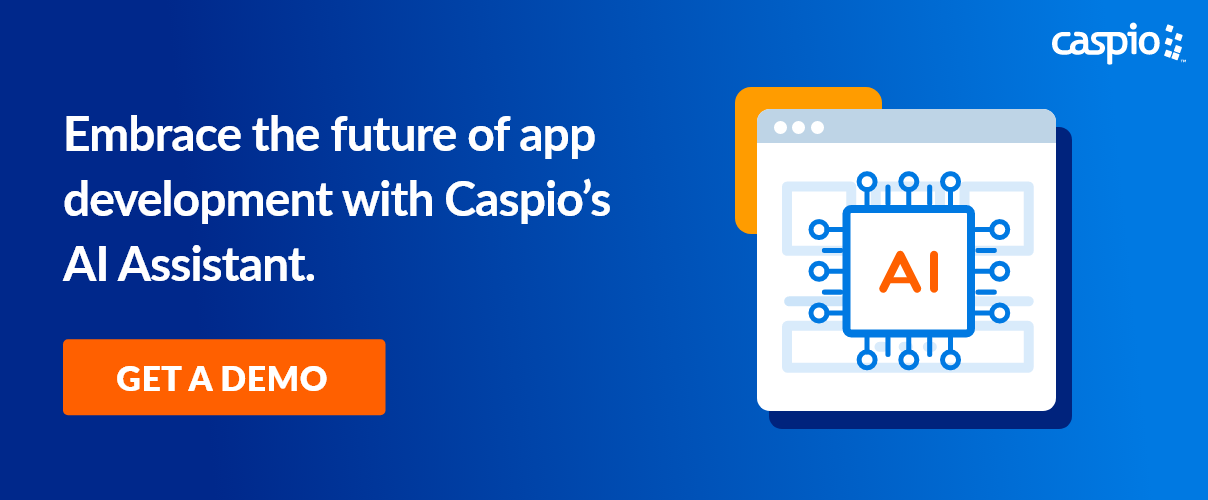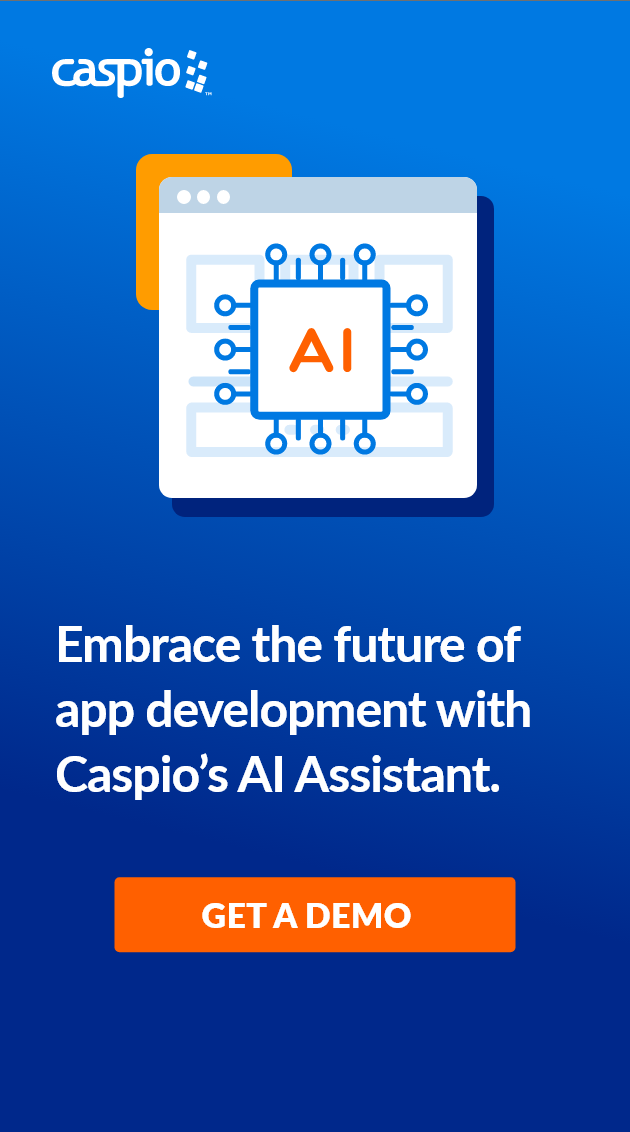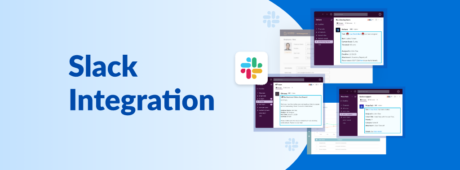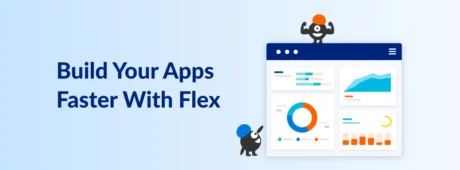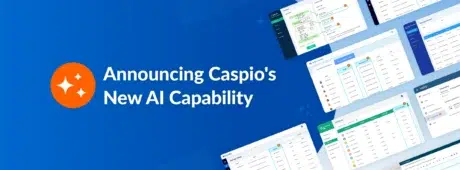How AI-Driven Automation Is Accelerating Low-Code Development
December 22, 2023
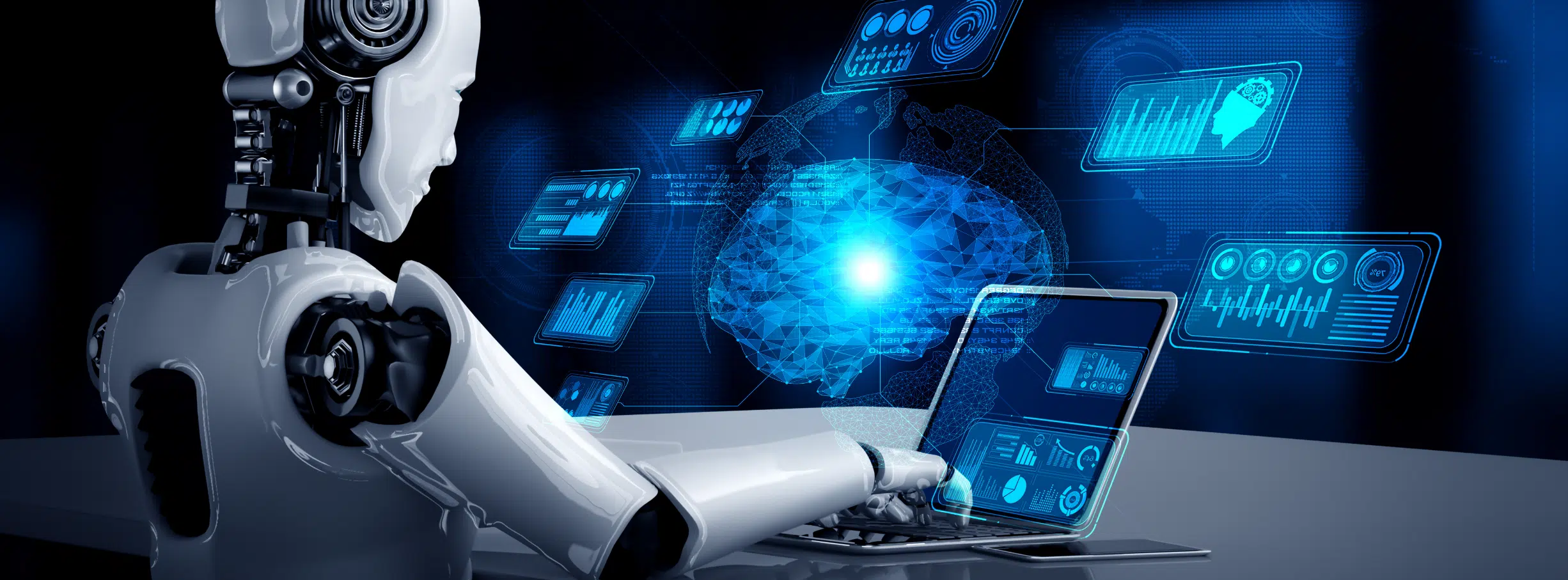
The synergy between artificial intelligence (AI) and low-code development is creating a paradigm shift in how applications are built. The advent of AI-powered automation is a revolution that promises to expedite development processes, enhance efficiency, reduce manual efforts and simplify complex tasks within low-code platforms.
How is AI contributing to low code today? And is there a limit to what it can accomplish in the future, as both AI and low-code industries continue to develop?
The AI Revolution
The traditional approach to application development involves extensive coding, a process that is both time-consuming and requires a high level of technical expertise. Low-code development is a solution to this challenge, allowing both developers and business users to create applications with minimal coding. Now, with the infusion of AI-driven automation, the speed of development might reach unprecedented levels.
AI’s role in low-code development does not have to be limited to a single aspect. From the inception of a project to its completion, AI can be a guiding force that streamlines the entire development lifecycle. It holds the promise of automating repetitive tasks, generating database structures, and providing valuable insights to developers, thereby expediting the overall process.
Introducing Caspio’s AI Assistant
Caspio has embraced the era of AI integration with the introduction of AI Assistant – a powerful tool designed to simplify the app building process for users, enabling them to create apps more efficiently by significantly reducing code requirements. Developers can now easily create tables based on prompts, optimizing application development.
GAME-CHANGER: Caspio’s AI Assistant enables rapid database creation and management, empowering you to accomplish more in less time.
As AI Assistant evolves, adding to the current capabilities of creating database structures, it will accelerate development and serve as a mentor for users, providing guidance and recommendations. Looking ahead, this feature will offer more sophisticated real-time insights, development suggestions and predictive analytics, enhancing its value even further.
Caspio’s AI Assistant offers a glimpse into the future of low-code development, where AI becomes an indispensable companion in the developer’s toolkit.
The Power of AI: Benefits for Next-Gen App Creation
Integrating AI-driven automation in low-code platforms presents a plethora of benefits and possibilities. Let’s explore scenarios where AI could support the low-code developer of the not-so-distant future:
Building Application Frameworks Based on Data Models
Instead of starting from scratch to build an app, future low-code developers might be able to use AI to create the initial structure of their software. Given a data model and the app’s purpose, AI could generate a skeleton, providing developers with a solid foundation to build upon. This accelerates the development process, allowing developers to focus on customization and creating unique user experiences.
Interpreting Requirements
Going a step further, AI could play a pivotal role in interpreting natural language requirements. Instead of relying solely on written documentation, the future low-code developer might be able to leverage AI-driven natural language processing tools that understand the intent behind user stories or project requirements, translating them into actionable development tasks. This reduces the likelihood of misinterpretation and streamlines the process of turning user needs into a functional application.
Ensuring Standards and Eliminating Discrepancies
Imagine a scenario where AI analyzes existing applications and ensures that the new application aligns seamlessly with established standards. It could identify discrepancies, suggest corrections or bring them to the developer’s attention. This approach not only streamlines the development process, but also maintains consistency across applications. By understanding the developer’s preferences and project requirements, AI could assist in crafting a tailored starting point, allowing for rapid development without compromising on individuality.
Identifying Performance Issues
As the application development progresses, AI might be able to help analyze issues and suggest solutions. For example, when an application encounters performance issues, AI could step in as a troubleshooting companion to identify bottlenecks, analyze system behavior and provide insights into potential enhancements. This proactive approach ensures that developers can address performance concerns early in the development cycle, contributing to the overall efficiency of the application.
Testing and Quality Assurance
AI may be able to help test applications before deployment as well. An AI-powered testing assistant for a low-code solution could automatically generate test cases based on the application elements and requirements, and then simulate user interactions to ensure that those requirements are met under various scenarios. This speeds up the testing process and enhances the overall quality of the application.
Providing Tech Support
Low-code developers may also be able to use AI capabilities to offer technical support for customer applications. This way, AI could become a resourceful assistant guiding users through troubleshooting steps, providing solutions to common issues and offering insights into optimizing application performance.
Crafting Tomorrow’s Software With AI and Low Code
Today, numerous companies are integrating AI into their own processes, effectively cutting down on manpower hours and expediting workflows. One such example is Reinventors Digital, a Poland-based software development company. They have successfully initiated multiple AI-driven projects in conjunction with their low-code solutions.
“Together, AI and low code can automate many tasks, helping users focus on things that require human intervention. They can be helpful for businesses of all sizes,” Andriy Kucherenko, Reinventor’s Digital’s founder, said in a recent episode of Caspio’s podcast series, ‘Low Code, High Impact’.
The marriage of AI and low-code development is ushering in a new era of application creation. Caspio’s AI Assistant is a testament to the strides being made in this field, providing developers with a glimpse of the future, where AI is not just a tool but an indispensable collaborator.
As artificial intelligence progresses, its integration into low-code platforms promises to redefine the boundaries of what developers can achieve, making application development more accessible, efficient and intelligent than ever before.
Caspio is here to support you at every stage of this evolution, ensuring you have the assistance you need to succeed. Schedule a demo and get started on revolutionizing your development process.
